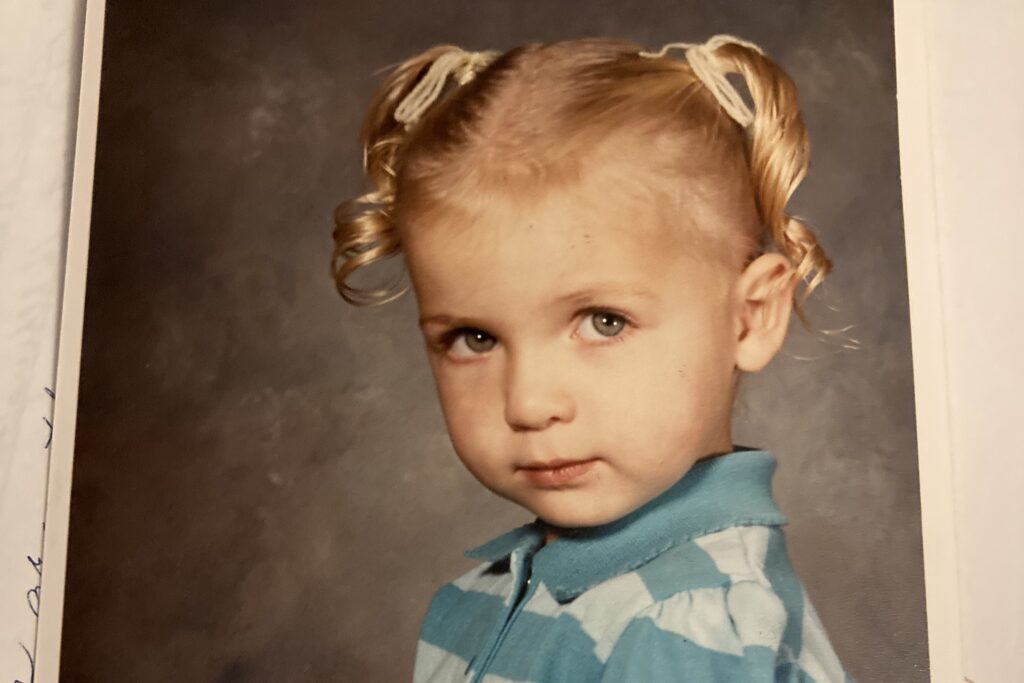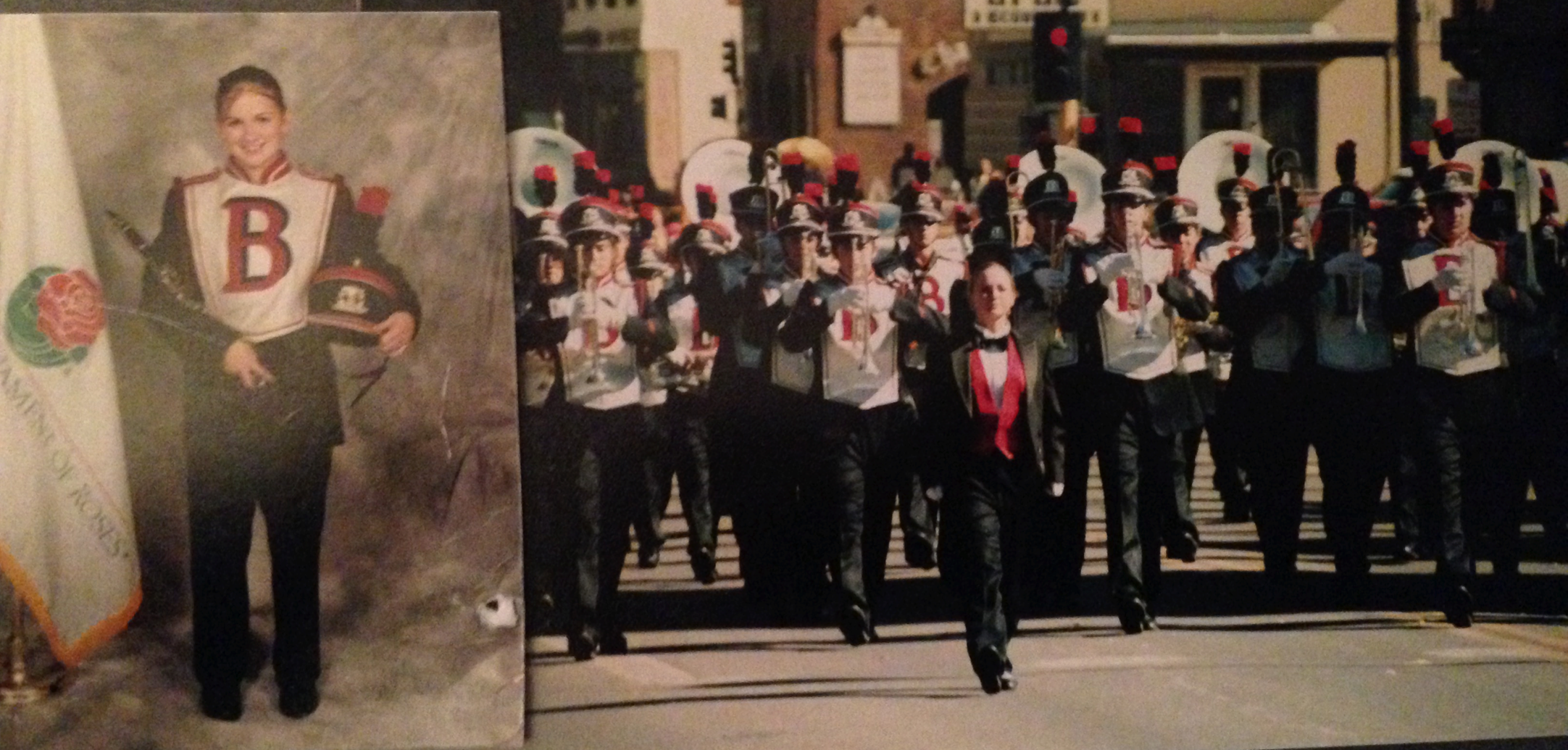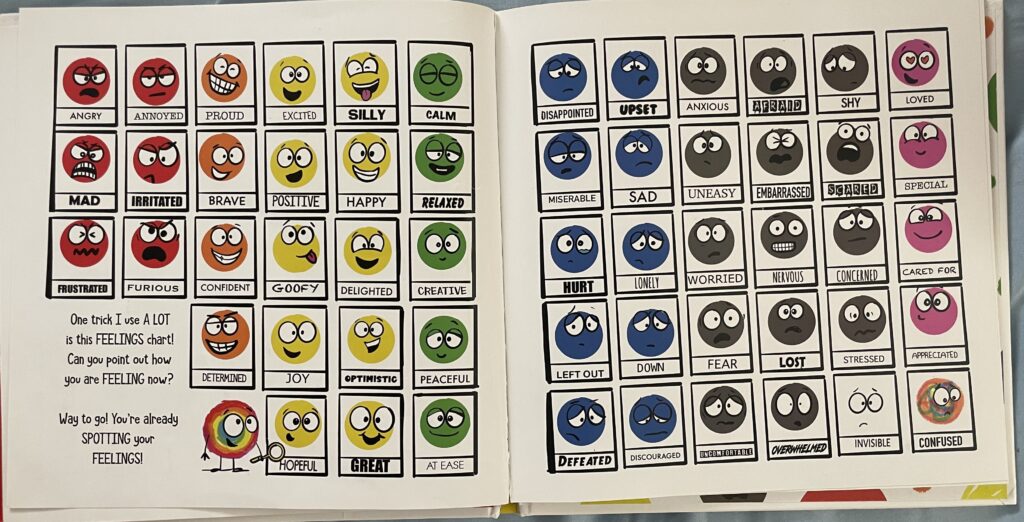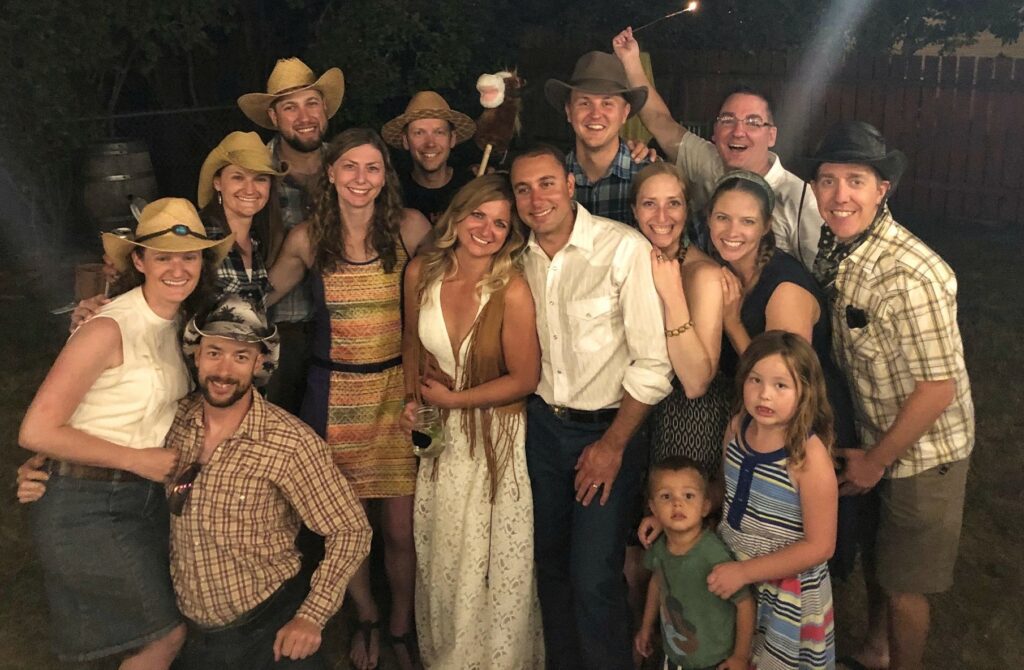Thank you for joining me on this journey to emotional intelligence. Everyone should invest in emotional intelligence fluency. I believe that the higher our collective EQ – regardless of your gender or other identities – the more courageous we can be as a society.
I peaked in Kindergarten. 1989 marked the apex of my popularity and influence. Everyone wanted to hang out with me – the spunky, curly-haired girl who ever-so-slightly resembled Shirly Temple, an idol unrivaled in the 1900s. The tables weren’t big enough to accommodate the tens of kids who wanted to sit with me at lunch.
Then it all came crashing down in first grade when I got glasses and broke my arm in the same week. Oh how the mighty will fall.

You see, popularity in elementary school is largely determined by your biology and the choices of your parents. The scaffolding of social hierarchy is being built, but isn’t yet dependent on interpersonal and/or social skills. As a seven year old, glasses resulted in a huge downgrade in social status. Not being able to play Four Square with the broken arm was another hit. Having zero emotional intelligence (EQ) wasn’t relevant yet to climbing the social ladder, for me or anyone, but it would be soon. If only I had known then how much EQ – and my lack thereof – would impact nearly every part of my life.
She Died Too Young
With no social prospects to speak of, I turned to books. I read everything written by Madeline L’Engle, then moved on to Lurlene McDaniel. You remember those sad books about kids who get cancer with titles like Six Months to Live and Last Dance and She Died Too Young? I devoured them.
As you might imagine, being sad all the time only made me more unlikeable. As a relative outcast, I didn’t develop the emotional tools you need to navigate social situations. While I was reading, my peers were building skills to help them navigate a lifetime of interpersonal interactions.
Be So Good They Can’t Ignore You
Seventh grade was especially brutal. My dad, trying to cheer me up, said that if I was good, it wouldn’t matter if people liked me. I think he may have even said, “be so good that they can’t ignore you.” He wasn’t talking about moral goodness of course, he was talking about working hard, saying that I could earn respect based on the quality of my work. And that statement – probably said when he, himself, was feeling tired and underappreciated – stuck with me.
Being good became my primary goal in life.
By high school, I’d achieved Teacher’s Pet status in nearly every class. I followed rules, turned in work early, and did extra credit. I was also the Drum Major of the marching band. For the uninitiated, that means you stand on a podium and conduct during practice and performances. Savvy Drum Majors can be effective and well-liked. Being a not-so-savvy Drum Major did not help me drum up any new friendships.

But I loved it. Every part of it. I even learned to love the way being in a leadership role set me apart from other kids, physically and socially/emotionally. I chose to see that distance as a sign of respect. (Dear reader, it was a sign of something, but respect was not it.)
Fast forward a few years post-college: I’d been getting by just fine on the be so good they can’t ignore you mantra and life was good. Or so I thought.
The Awakening
Then I started a new job at a leading food website. My responsibilities included inventory management for international clients, which required coordinating with peers on internal teams. And let me tell you – I was managing those workflows like a boss. Repeating the patterns from my youth, I followed the rules, turned in work early, and volunteered for ‘extra credit’. If a conversation wasn’t directly related to the project at hand, I wasn’t interested. I wanted to check the boxes and move forward to the next thing. I wasn’t rude – I was assertive and direct.
But these actions were costing me, a reality to which I was completely unaware. I had spent so many years teaching myself not to care about what other people thought that I became blind to how my actions might impact others. I just had no idea of the damage I was doing.
About 9-months into the new job, my boss sat me down for a conversation. With great compassion, she said to me, “Kristina, if you want to be successful here, or anywhere, you need to be nicer to people.”
I’ll admit, my first thought was not a nice one. Be nicer to people? I am nice! Isn’t it nice to work with someone who’s good at their job and gets stuff done?
No. The answer to that question is no.
Or at least, it’s a nuanced no, as I would come to learn through a journey that spanned years, multiple jobs, and two therapists.
Emotional Intelligence Leveling Up
I did the work. Through therapy, I grew my emotional intelligence from basically zero. My starting point – and I’m embarrassed to admit this – was a “chart of faces” where I learned to identify and name my own feelings. (If you have friends who joke about “being dead on the inside”, maybe check in on them. There might be some hidden truth to that narrative.)

Next, I learned to tune into the feelings of others. For example: did you know that every space has an emotional temperature based on the feelings of the people in the room? I didn’t! Tuning into this emotional undercurrent, and understanding it, felt like learning a whole new language.
And unlocking a new level in my life.
Showing the Work
In the office, I focused on listening, being flexible, and connecting with colleagues on a personal level. I learned to start emails with polite platitudes about the weather or the weekend or a workout. I leaned into the small talk at the beginning of meetings, embracing ice breaker questions and suggesting new ones. Even though it can feel forced and silly, making time for these small connections builds a foundation of trust and collaboration by recognizing our shared humanity.
I also learned to call attention to birthdays, work anniversaries, or significant dates for colleagues and friends. I began adding these dates to my calendar – talk about a hack that’s changed my life. Collectively, I take these actions in an effort to open doors, build trust, and create points of connection.
Colleagues noticed right away. Or rather, I perceived that I was being perceived differently, if that makes sense.
Then I came clean. As someone who shares about her life (overshares? Have you read this blog before?!), I opted to tell folks that I was working on showing more empathy. Through those vulnerable conversations we were able to repair past transgressions. I also asked for trust that I do have empathy even though I’m not always great at showing it. In being transparent about my goals, growing my emotional intelligence became a group project. I had previously been mortally opposed to group projects, but I was newly grateful to have additional support and people to keep me in check.
Feedback is a Gift
My boss gave me an incredible gift. I could have taken her advice defensively, but I chose to embrace it. She modeled how to deliver difficult feedback by catering her message to me. She kept it short, kind, truthful, and rooted in my values. Knowing I would care more about the outcome than my ego, she made it about the work getting done.
You’re telling me that my behaviour isn’t working for the project? Okay, let me do it differently.
I’ve carried this ethos with me for the last 20 years. One of the professional skills I’m most proud of is my ability to take, and act on, feedback from colleagues. Feedback is always a gift, and I strive to give and receive it in that spirit. Her feedback propelled me to where I am today, and I’m so grateful to pay that gift forward.
The Gender Paradox
For this post, I wanted to focus on how growing my EQ helped me as a person, but I’d be remiss if I didn’t acknowledge the gender stereotypes inherent in the suggestion that I be nicer to people.
Women are expected to be both good and nice, whereas men don’t have to be nice, or even, often, any good. As published in Fortune, a recent analysis by Textio, a management software company, found that “only 2% of high-performing men receive negative [personality-based] feedback in performance reviews compared to 76% of high-performing women.” Women disproportionately receive personality-based feedback from managers of all genders. I could write a book about my experiences with gender inequalities (many people have – this one is exceptional). I’m sure you could too. For today, let’s agree this is a problem and we’re all going to work on it.
Everyone should invest in emotional intelligence fluency. I believe that the higher our collective EQ – regardless of your gender or other identities – the more courageous we can be as a society.
An EQ-First Approach
Gaining better EQ fluency will always be a work in progress. Today, I still want to be good at my work. And I know that the path to doing the best, dare I say goodest, work is through building successful relationships. The route may feel less direct, but by focusing on people first and outcomes second, you discover better solutions while gaining professional/personal capital to propel the next project forward.
This new EQ-first approach has impacted every part of my life for the better: with colleagues, mentors, friends, and family. Personally, my friendships with other women in particular have become rich wells of depth, support, and kindness. I’m so profoundly grateful to finally have gained the respect I always wanted and, most significantly, the friendships I was always too afraid to admit that I needed.
I’m not yet maxing out the seating capacity in the lunchroom, but we’re getting close. One seat at a time.

Emotional Intelligence Tips?
p.s. I look forward to a lifetime of leaning into developing EQ skills. Do you have any recommendations or stories you want to share? Add them in the comments!







Learning how to name feelings was so hard! We didn’t talk about non-happy feelings in my house growing up (product of how both of my parents were raised + my Mom’s clinical depression), so learning how to do so as an adult has been a challenge. I’m thankful for the feelings list my incredible therapist gave me years ago. I never referenced it as much as I could’ve, but it was pretty eye opening ALL the different feelings that were possible. I really had no idea about non-happy feelings aside from “sad” and “upset”.
Great article KC. I especially appreciated your addressing the gender paradox.